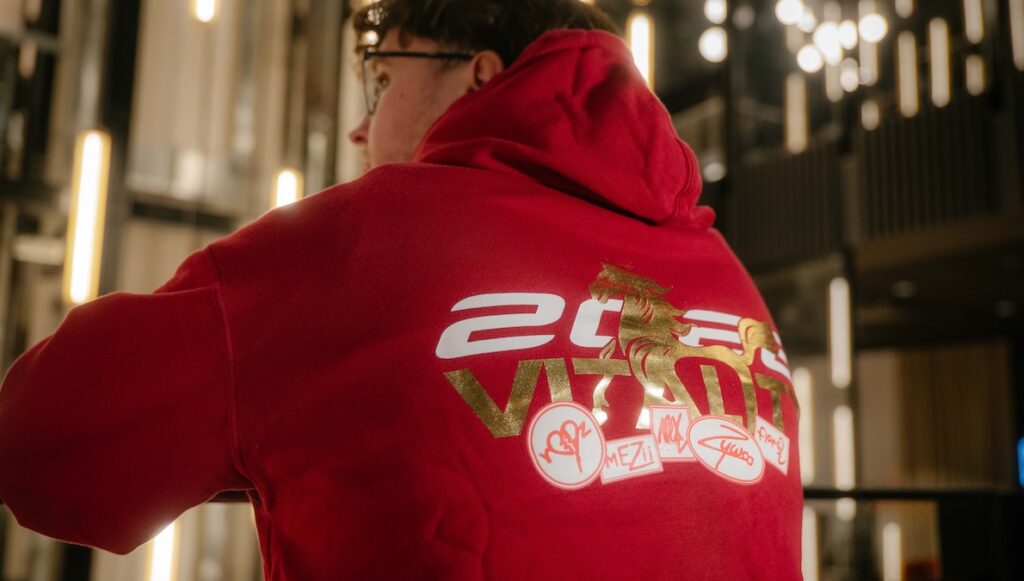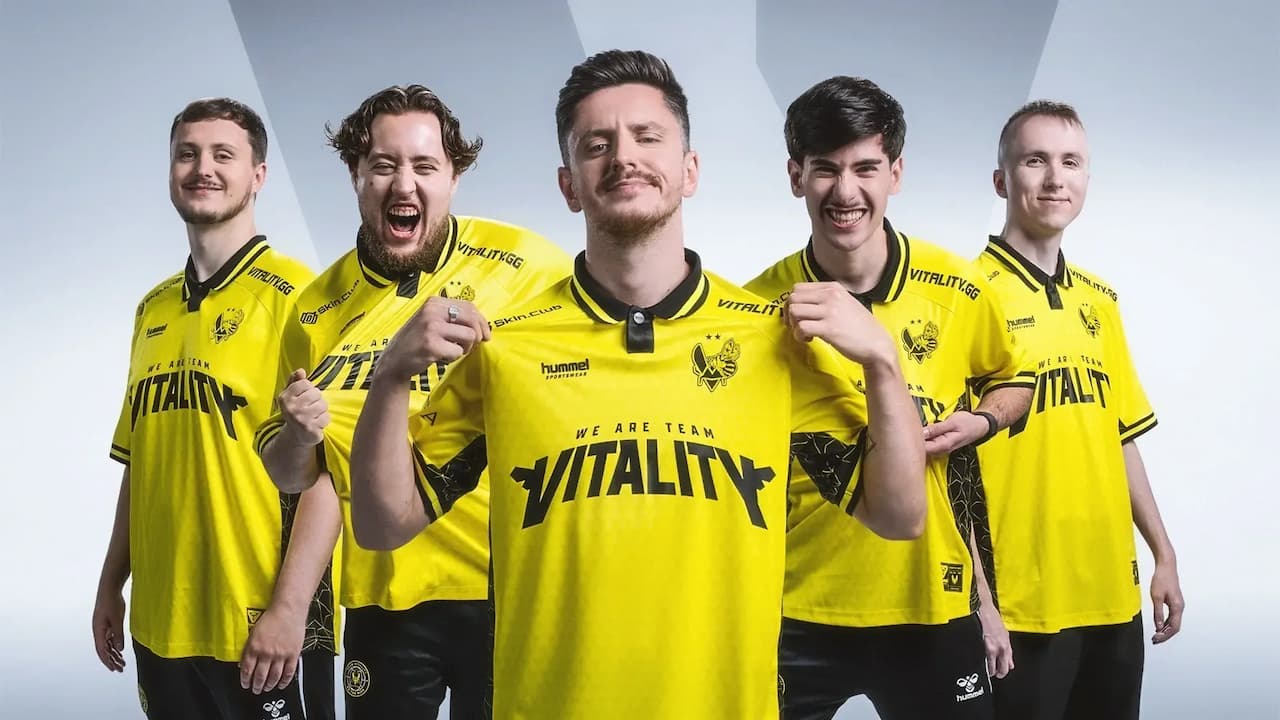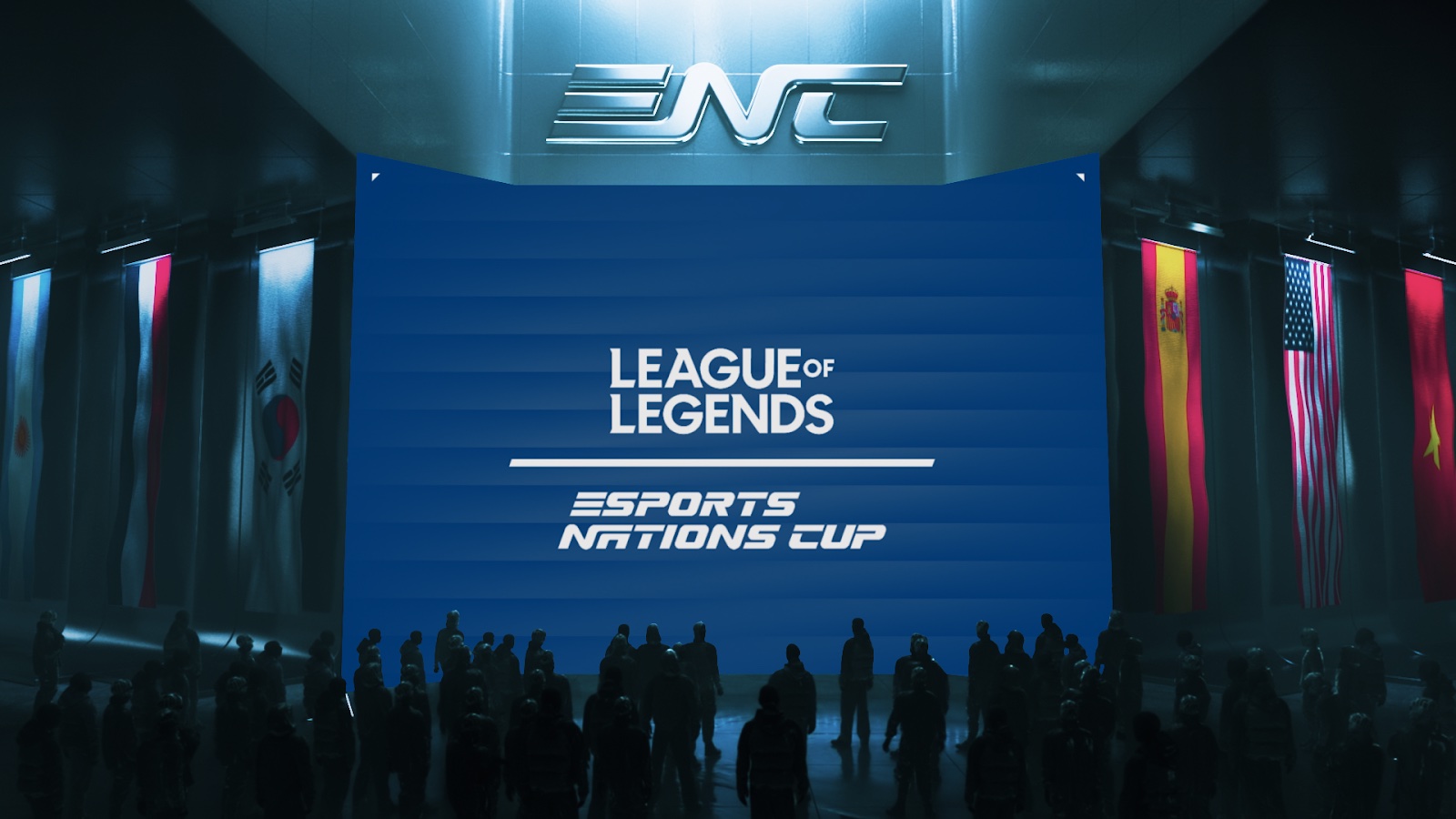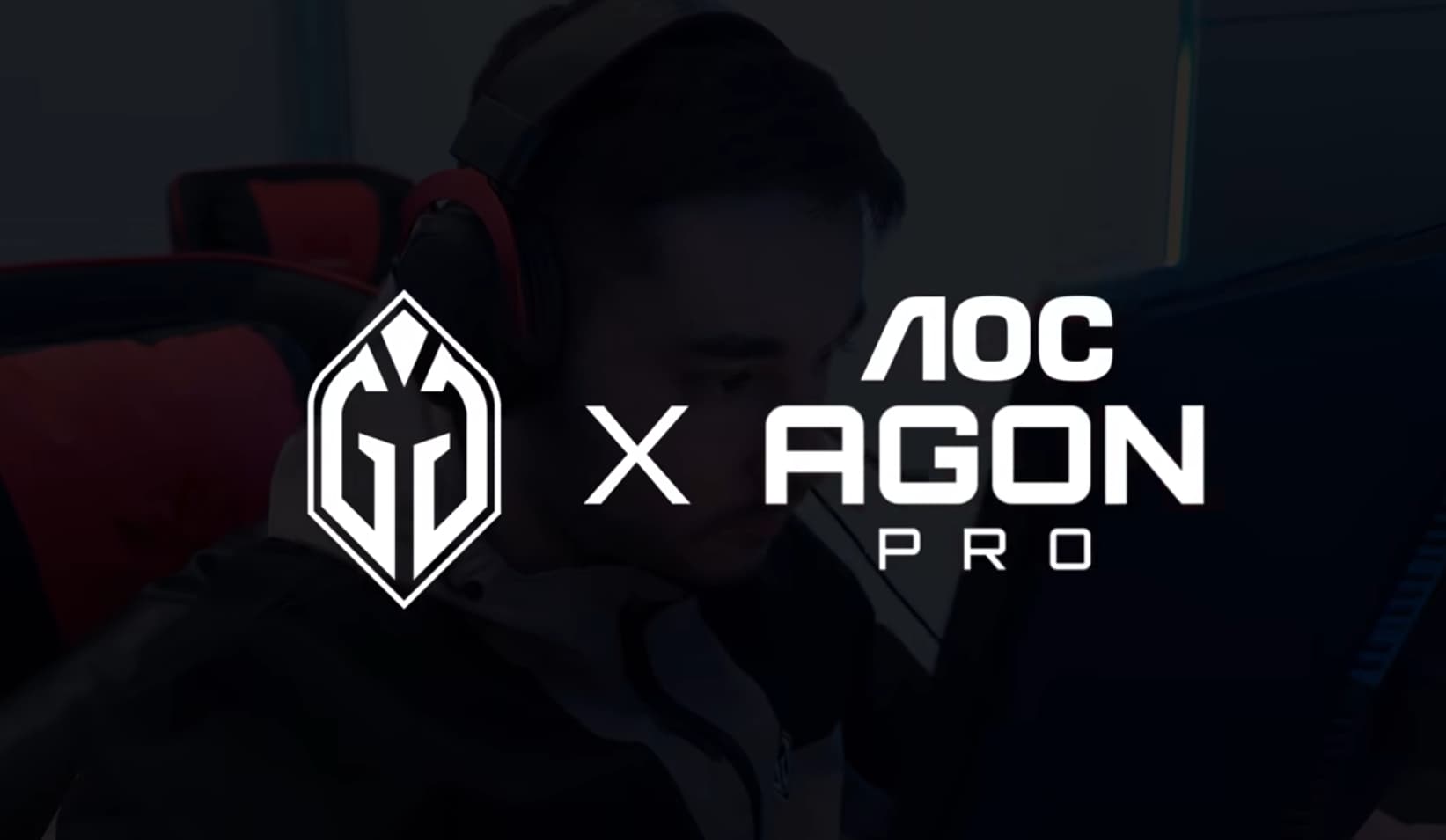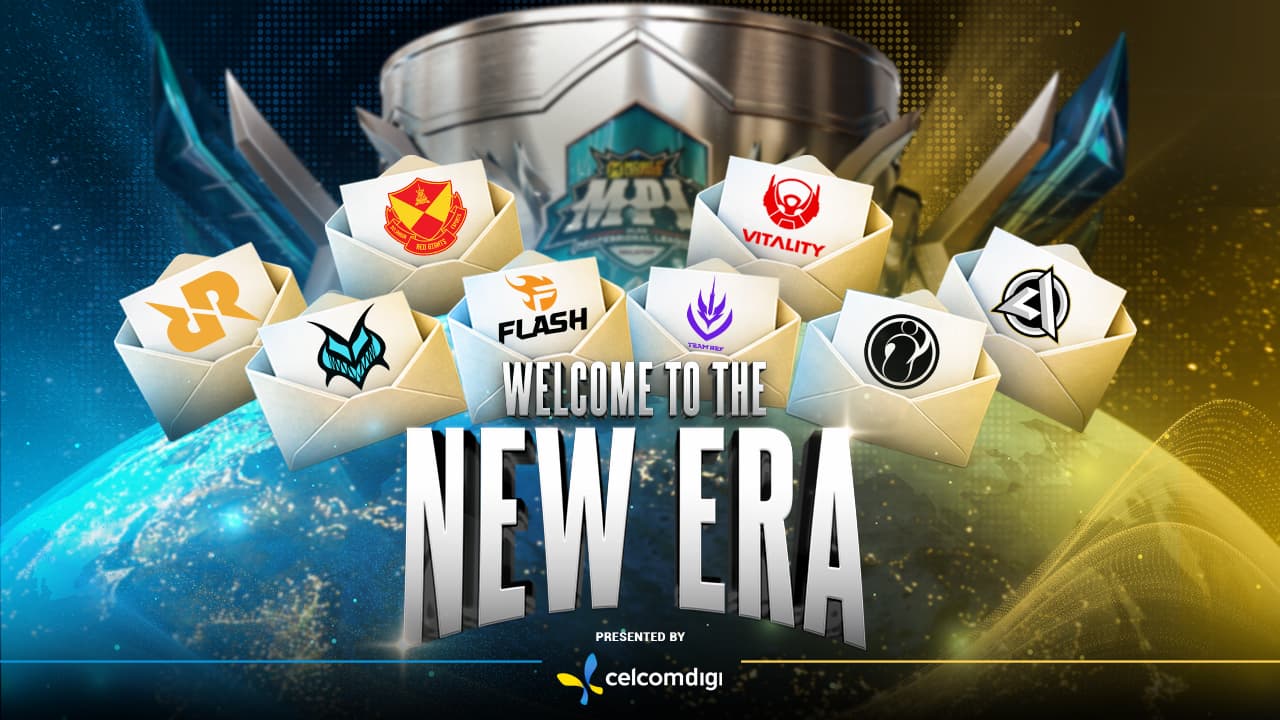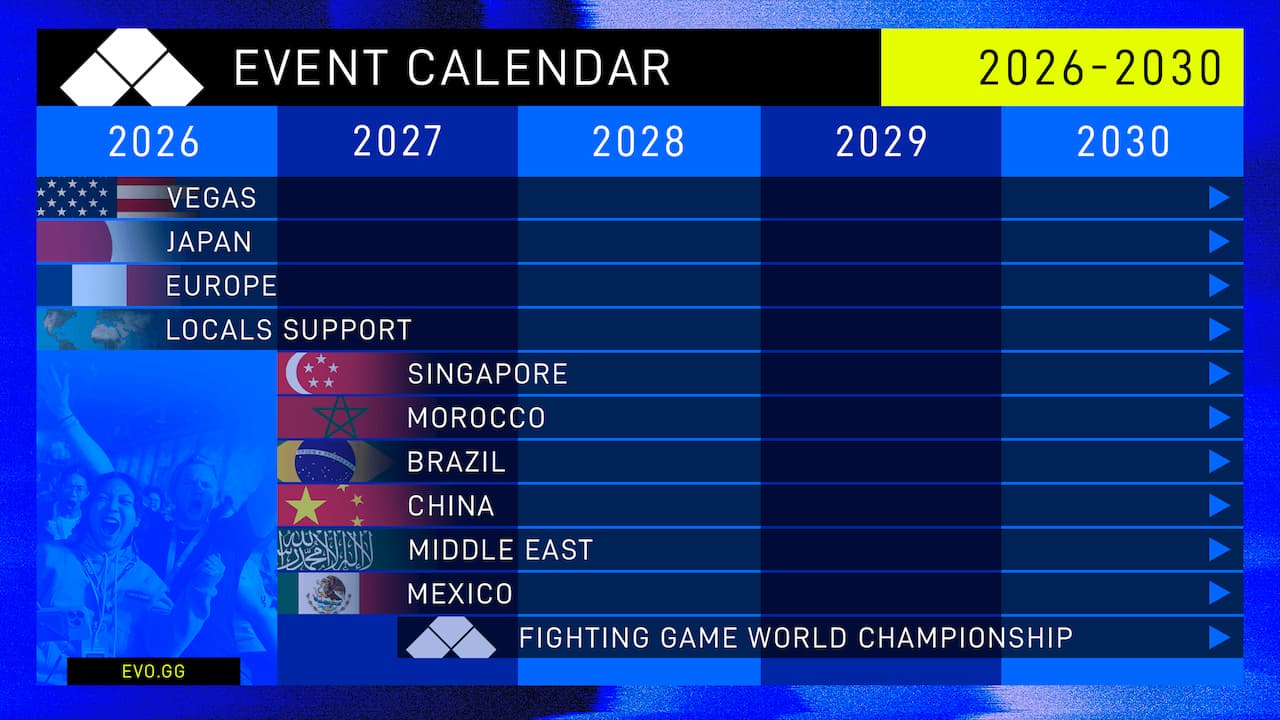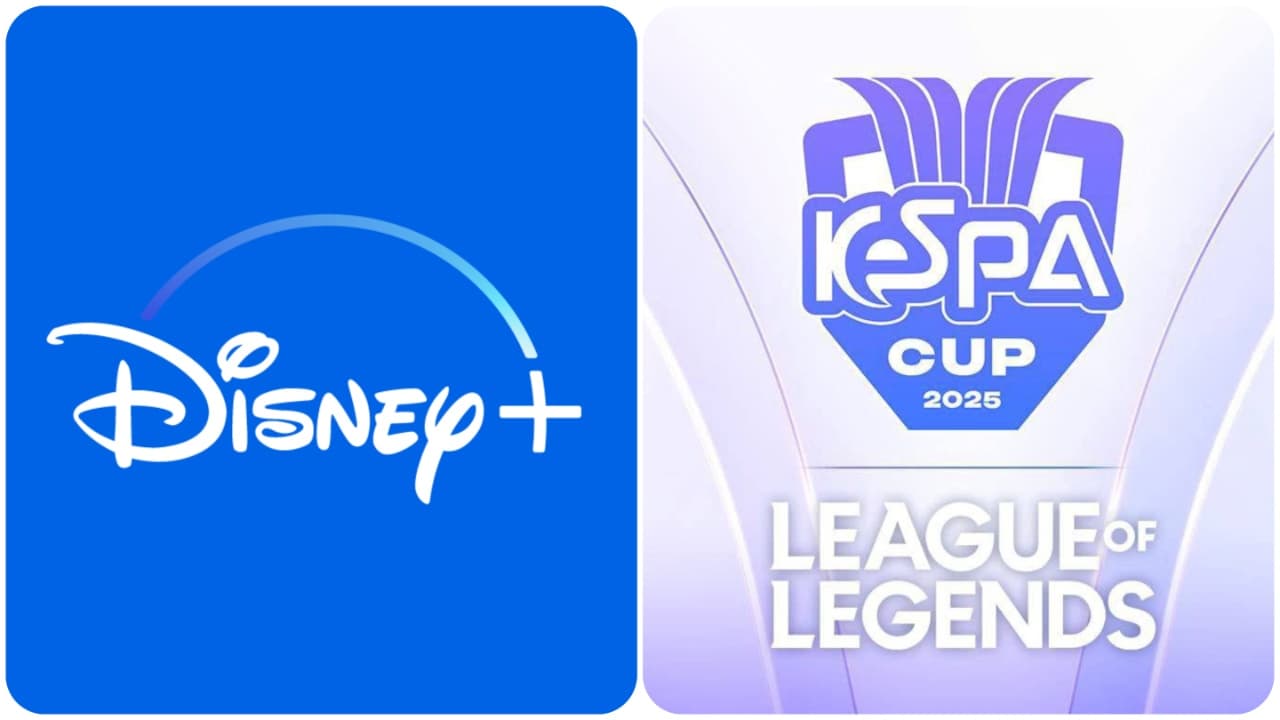The Esports World Cup (EWC) is operating on a scale unprecedented in competitive gaming — spanning 90,000 square metres in Riyadh, employing 2,000 staff daily, partnering with global brands like Pepsi and Amazon, and running 24 different gaming titles with a combined $70 million in prize money. It is an ambitious, multi-million-dollar project that blends competition, content, and culture in a way rarely seen in the industry.
Speaking to The Esports Radar, Esports World Cup Foundation CEO Ralf Reichert explained that the event’s scope is intentional. “This is the first time all these games come together in one place,” he said. “To operate at this scale, you need to follow some of the models from traditional sports — working with a host city and country that actively supports the sport.”
For an esports event to sustain this scale, it must continuously grow both its viewership and revenue. In turn, The Esports Radar discussed with Reichert, an esports veteran hailing from Germany who co-founded both SK Gaming and tournament operator ESL (now a part of the ESL FACEIT Group), how the EWC plans to engage an audience that matches its ambitious operations.

A long-term vision, still in development
The EWC is currently planned as an annual event, with Saudi Arabia as the host nation, and the capital Riyadh as the host city. The Kingdom’s investment in infrastructure and operational capacity has been a key factor in making the event possible. However, Reichert made clear that the long-term plan remains flexible.
“We’re still in the building phase,” he said. “Right now, the idea of moving to another country is possible, but not immediate. Over time, esports belongs to the world, so something like this could eventually travel.”
Possible future formats include rotating the EWC between host countries or creating satellite tournaments as part of the qualification process — something the organisation has already begun implementing in smaller ways, such as the Free Fire EWC qualifiers held in regions like Latin America and Pakistan.
Diversifying the product and going beyond core audience
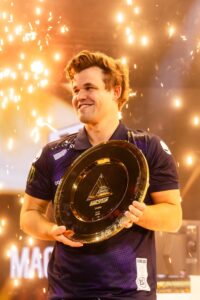
Reichert believes the EWC is an opportunity to expand esports’ reach well beyond its core fan base. Broadcasting competitive gaming to a live audience is something the industry has perfected over the past decade, but he wants to push the content strategy further.
“Because we bring together the world’s biggest games, we can speak not just to 700 million esports fans, but to over 3 billion gamers worldwide,” he said.
To do that, EWC’s content strategy extends well beyond competition. Documentaries, player profiles, and original music releases form part of a broader effort to make the event accessible to both hardcore fans and newcomers.
The event also incorporates high-profile entertainment and crossover elements, including a performance by music star Post Malone at the opening ceremony and the appointment of football icon Cristiano Ronaldo as an ambassador. Additional efforts include a documentary series on Prime Video and the introduction of unconventional competitions alongside esports titles, such as chess in partnership with Chess.com which, according to Esports Charts, generated the highest livestream viewership for chess in 2025.
Also read: EWC executive speaks on strategy and impact behind Cristiano Ronaldo partnership
Producing EWC Spotlight, a magazine-style show that blends tournament coverage with storytelling and entertainment features with international distribution partners, is also part of the plan. “It’s not about the live broadcast itself — it’s about telling the stories behind it,” Reichert explained. “One of our key goals is to make the players of the Esports World Cup global superstars.”
Reichert sees this as a crucial component of modern sports entertainment. “If you look at the biggest sports IPs in the world, they all have a strong entertainment angle,” he said. “It needs to be accessible even to people who aren’t hardcore fans of the sport.”
That approach is visible in the EWC’s on-site festival at Riyadh’s Boulevard City, which includes creator tournaments, celebrity appearances like tennis player Nick Kyrgios and actor David Harbour, cultural activations, and other large-scale public events designed to make the EWC a destination as much as a competition.
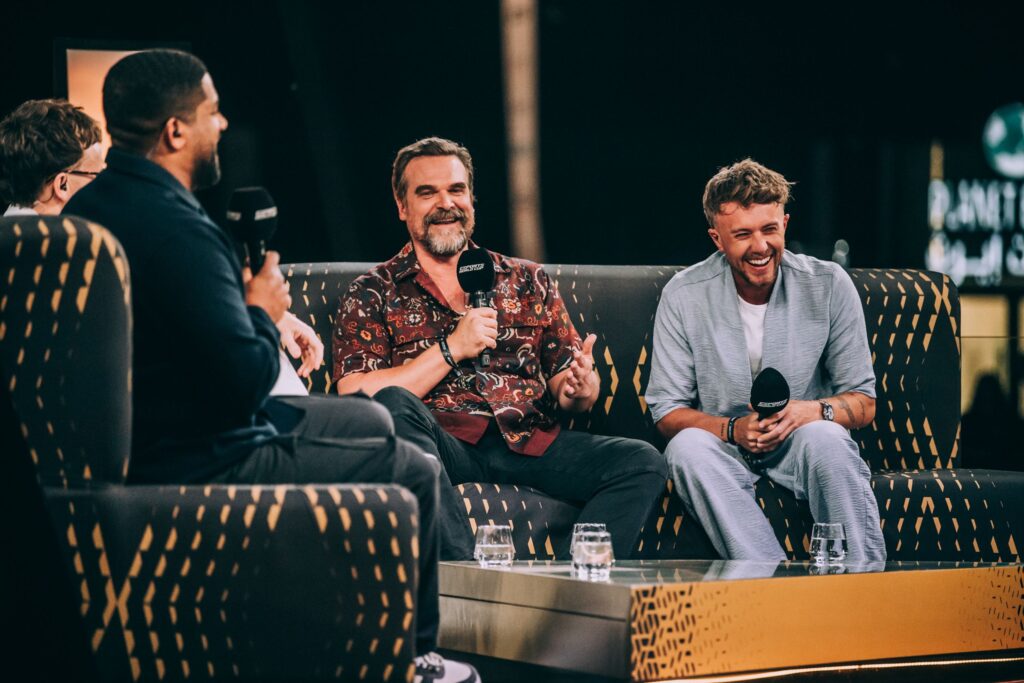
A global ambition for esports
While the EWC remains rooted in Saudi Arabia for now, Reichert is clear that the long-term ambition is global. He envisions the EWC becoming a cultural fixture in esports, potentially rotating locations in the future while still retaining a strong anchor in its current home.
From multi-million-dollar production facilities to a growing library of original content, the Esports World Cup is positioning itself not only as the biggest event in competitive gaming but as a brand capable of bridging esports and mainstream entertainment.
“We’re building the foundation now,” Reichert said. “From the documentaries and music to the massive festival and, of course, the competition itself — it’s about making the Esports World Cup more than just a tournament. It’s about creating a cultural moment for esports.”





